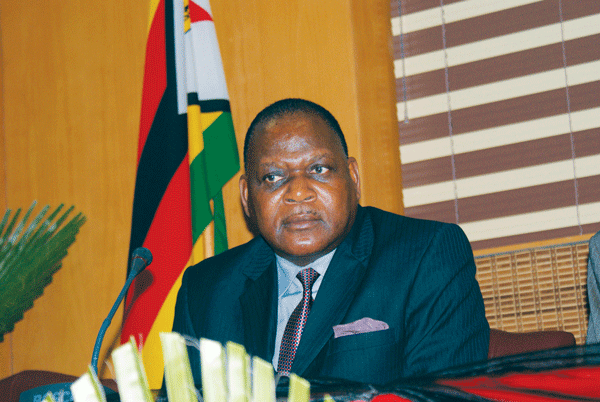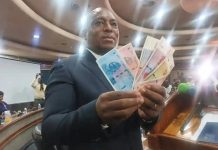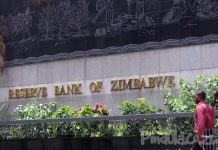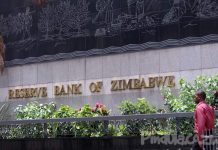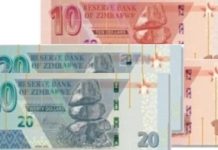THAT the rapid decline of standards of living in Zimbabwe has left the majority of workers struggling to make ends meet is now a public secret.So, when the civil servants this week demanded United States dollar-indexed salaries, it came as no surprise.
The authorities in Zimbabwe, who adopted the use of the US dollar after hyperinflation decimated the value of the Zimbabwean dollar in 2009, have mismanaged the economy so spectacularly in a decade that the country is back to hyperinflation once again.
What the workers are experiencing are symptoms of the government’s unworkable policies.One does not need to take a visit to the genius pub to figure out that excessive creation of money by the central bank has stoked inflation.
And after adopting the US dollar and enjoying the economic stability, the country’s central bank in December 2016 introduced bond notes, a surrogate currency it claimed had one-to-one parity with the US dollar. We warned government when this decision was made and presented various scenarios of the outcomes and the mayhem has played out exactly as we expected. Today, salaries have largely remained unchanged in local currency terms notwithstanding the massive depreciation of the currency.
In fact, workers’ earnings have lost as much as 95% of their purchasing power. To illustrate, if someone was earning US$1 000 before February and still earns the same amount today, he/she is really only bringing home the equivalent of US$50 a month in wages.
In light of the erosion of salaries, the unions say a US dollar-indexed salary is the only way to cushion public-sector workers against inflation that the International Monetary Fund says reached 300% in August. Instead of taking decisive action to end the chaos wrought by its unsustainable policies, government has not moved an inch to end the workers’ misery.
Government needs to end the crisis that it created by ensuring that workers earn a living wage, preferably indexed to the interbank rate. This is a reasonable option in an economy that is effectively dollarised. After all, the same government, which is allowing increases in prices of fuel, electricity and communications, for instance, is the same government refusing to pay a living wage.
The signs are ominous. This week, a menacing and baton-wielding group of police officers barred protesting civil servants from marching and presenting a petition. Despite getting prior permission from the Zimbabwe Republic Police to march along designated routes in central Harare on their way to the Finance ministry, the workers were forcibly confined to the venue of the demonstration by police.
Union leaders at the scene pleaded to be allowed to deliver the petition to Ncube’s office as provided for by the law, but their requests fell on deaf ears. Instead, dozens of anti-riot police erected a human barricade and barred protesters from proceeding to the ministry’s offices.
The actions of the police show that respect for fundamental freedoms such as the right to assembly and peaceful protest is at intolerably low levels. Zimbabwe needs a new way.

